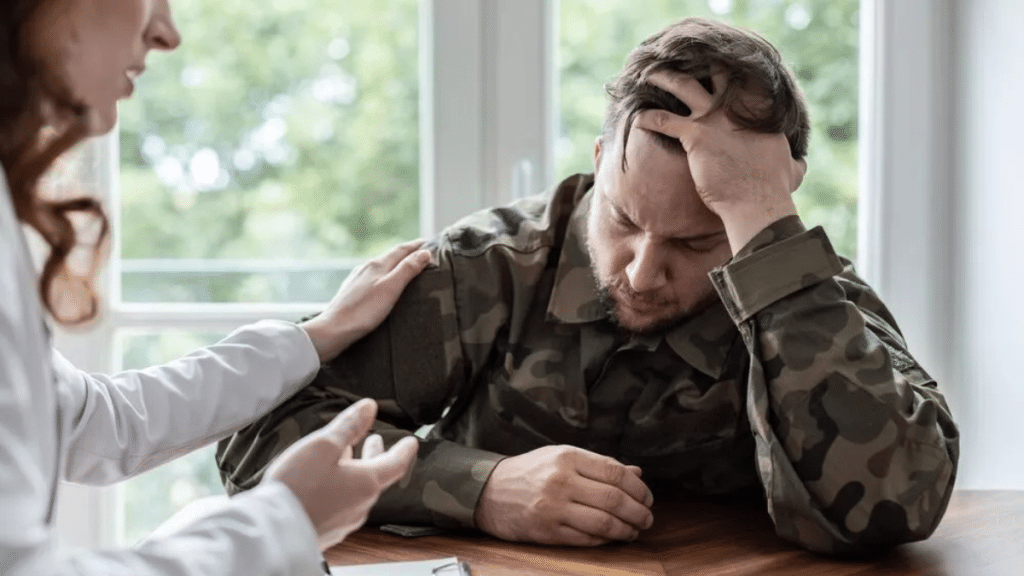Drug addiction doesn’t just affect the person using — it ripples out to touch families, friendships, careers, and mental health. Recognizing the signs early and knowing where to turn for help can make the difference between long-term struggle and the start of recovery. Here’s how you can spot the signs of addiction and what rehab can do to help someone reclaim their life.
Understanding Drug Addiction: A Disease, Not a Choice
First and foremost, addiction is a health condition, not a sign of weak character or bad choices. It rewires the brain, affects decision-making, and makes quitting incredibly hard without help. It can stem from a mix of genetics, trauma, stress, mental health conditions, and environment. That’s why judging someone for their addiction does nothing — but understanding and supporting them does everything.
Common Signs of Drug Addiction You Shouldn’t Ignore
Whether it’s alcohol, opioids, cocaine, meth, or prescription drugs, addiction often shows itself in physical, emotional, and behavioral changes. Here are some of the drug addiction signs:
1. Physical Symptoms
- Sudden weight loss or gain
- Bloodshot eyes or dilated pupils
- Poor personal hygiene
- Unusual body odors
- Changes in sleep patterns (insomnia or oversleeping)
These changes don’t always mean addiction, but they’re strong indicators when combined with other symptoms.
2. Behavioral Symptoms
- Secretive behavior or lying about whereabouts
- Sudden changes in friends or social circles
- Neglecting responsibilities at work, school, or home
- Risky behavior (e.g., driving under the influence)
- Financial problems or stealing to fund the habit
Behavior speaks volumes. If someone you care about is acting “off,” it might be more than just stress.
3. Emotional and Psychological Symptoms
- Mood swings, irritability, or paranoia
- Depression or anxiety
- Loss of interest in activities they once enjoyed
- Detachment or lack of motivation
- Suicidal thoughts or self-harm tendencies
Mental health changes often come hand in hand with substance abuse. A person may feel like they’re falling apart internally, even if they’re trying to keep it together on the outside.
How Rehab Can Help a Person Break Free from Addiction
The good news? No one has to fight addiction alone. Rehab centers are designed to give people the tools, environment, and support to rebuild their lives from the inside out.
1. Medical Detoxification
Detox is the first and often most challenging step. Rehab facilities offer medically supervised detox to manage withdrawal symptoms safely and comfortably. This stage clears the body of substances and lays the groundwork for therapy.
2. Therapy and Counseling
Addiction is more than just physical dependence — it’s deeply emotional and psychological. Rehab programs include:
- Cognitive Behavioral Therapy (CBT)
- Group therapy
- Family therapy
- Trauma-informed counseling
- One-on-one support
These therapies help individuals understand the why behind their addiction and equip them with healthy coping strategies.
3. Support Systems and Aftercare
Addiction recovery is a journey. Good rehabs offer aftercare plans, alumni groups, and relapse prevention programs to keep individuals supported long after they leave the center.
Why Choosing the Right Rehab Matters — And How DrugHelp.com Can Help
Choosing the right rehab can be overwhelming. You want the best chance at recovery, but how do you know what’s right?
That’s where DrugHelp.com steps in. Their platform connects individuals with rehab centers based on their location, needs, insurance coverage, and treatment preferences. Whether you’re looking for inpatient, outpatient, detox, or a luxury rehab facility — they’ll match you with options that fit.
Here’s what makes them stand out:
- Verified and reviewed rehab centers
- Free and confidential consultations
- Access to expert advice
- Resources for families and loved ones
- 24/7 support hotline
Don’t wait for things to get worse. Real support is closer than you think.
Final Thoughts: Hope Is Real, Recovery Is Possible
Addiction can feel like a dead end — but it’s not. Recognizing the drug addiction signs early and seeking help could save a life, whether it’s yours or someone you care about. With the right rehab, support, and mindset, people do recover. They go on to rebuild relationships, regain self-worth, and thrive in ways they never thought possible.
FAQs
1. How do I know if someone is addicted to drugs?
Look for physical, behavioral, and emotional changes like secretiveness, mood swings, withdrawal from loved ones, and poor hygiene.
2. What is the first step in treating addiction?
The first step is detox, preferably under medical supervision, followed by therapy to address the root causes.
3. Can addiction really be treated successfully?
Absolutely. With the right treatment plan, support, and aftercare, recovery is entirely possible.
4. How long does drug rehab take?
Programs vary — from 30 days to 90 days or more — depending on the severity of the addiction and the individual’s needs.
5. Is rehab covered by insurance?
Many insurance plans cover part or all of rehab treatment. DrugHelp.com can help verify your insurance and connect you with matching centers.
